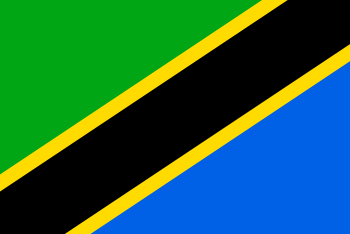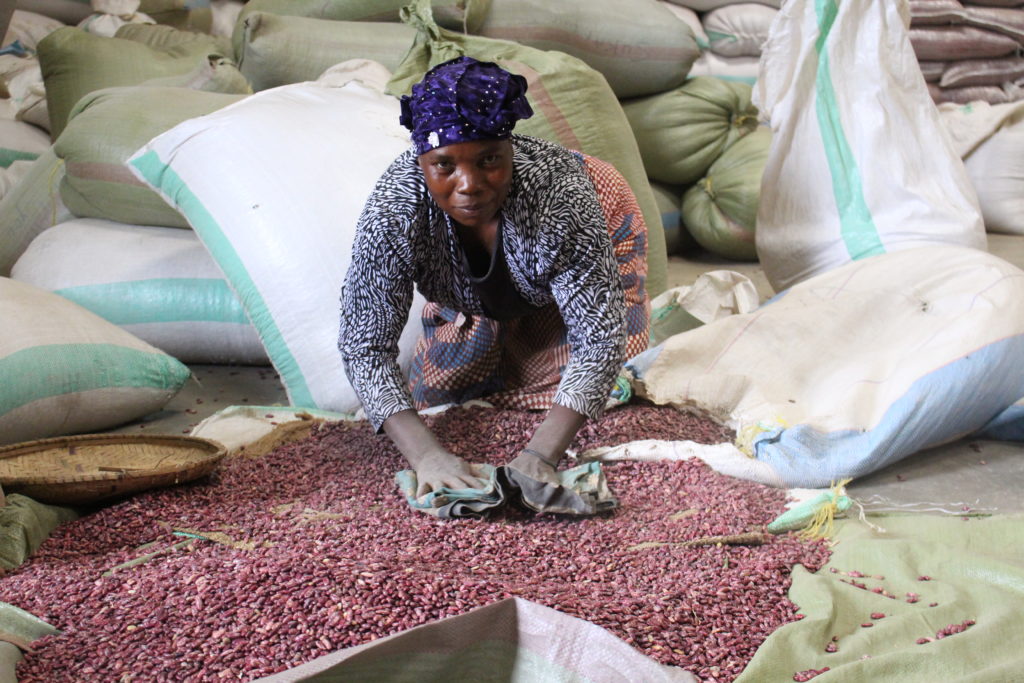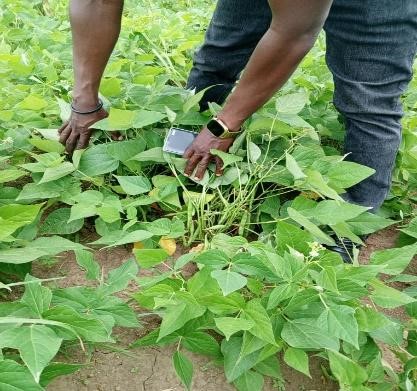 Tanzania Mbeya
Tanzania Mbeya
$99,916 needed of $120,000

Implementing Organization
Catholic Relief Services (CRS)
Program Summary
This program uses a holistic household approach to improve the livelihoods of coffee farmers through:
- The formation and strengthening of business-oriented, member-driven and democratic farmer organizations as transparent and professional service providers to their members;
- Improvement of the overall marketing performance through value addition, efficient linkages to financial institutions, marketing agencies, exporters and international traders;
- Capacity development of farmer organizations to represent the interests of their members in front of local and national government bodies and be able to effectively lobby for a conducive and inclusive business environment for the coffee sector;
- Enabling farmers to significantly improve farm management practices, while enhancing crop quality through improved practices, management and control;
- Facilitating access for smallholders to adequate knowledge and instruments that enable them to apply and finance effective climate change adaptation and mitigation strategies to ensure food security and support income diversification;
- Promoting participation of all members of a household to benefit equitably from cash and food crop production and marketing thereby achieving sustainable household development. This includes the support of young people to gain skills and find meaningful employment in a more modernized, dynamic, productive, and profitable agriculture sector.
Tanzania Mbeya Program Overview
Success Stories

Sourcing Bean Seed Locally: A Win for Tanzania
High-quality, reliable bean seeds will soon be sourced locally, thanks to a collaboration between Mbeya farmers, Catholic Relief Services (CRS), the Tanzania Official Seed Certification Institute (TOSCI), and agricultural extension from Mbeya District.
During the 2023 cropping season, CRS identified a pressing concern among farmers regarding the limited availability of good quality, reliable bean seeds. Due to the lack of prioritization from seed companies in terms of seed availability and distribution, many farmers have resorted to using recycled home-saved seed, leading to low seed viability, quality, and poor overall yields. CRS organized an intensive training program for 16 emerging private Quality Declared Seed (QDS) producers early in 2024.
This initiative is equipping participants with crucial knowledge of seed quality, sourcing, classification, and the production of certified-grade bean seeds. By empowering these QDS growers, Mbeya is getting closer to being able to ensure a consistent supply of high-quality seeds, curb the issue of counterfeit seeds, and give timely access to quality inputs for farmers.
The quality control process for the Quality Declared Seed Growers is rigorously structured, including acquiring starter seeds from an authorized source; registering fields with TOSCI; isolating the fields; practicing prescribed pest management; monitoring weather conditions; undergoing two rounds of meticulous testing; passing weed inspections in the fields; and testing samples. The protocol ensures that only high-quality seeds are produced and distributed, promoting better agricultural production and food security in the region.
As a direct result of this training, 12 QDS farms, each covering from one half acre to one acre, have been established so far, promising a notable increase in bean production. Besides benefiting from access to quality seeds, farmers will have the opportunity to generate additional income by selling these seeds within their communities, thereby contributing to local and national food security.
Tanzania Mbeya Program
Led by Catholic Relief Services
